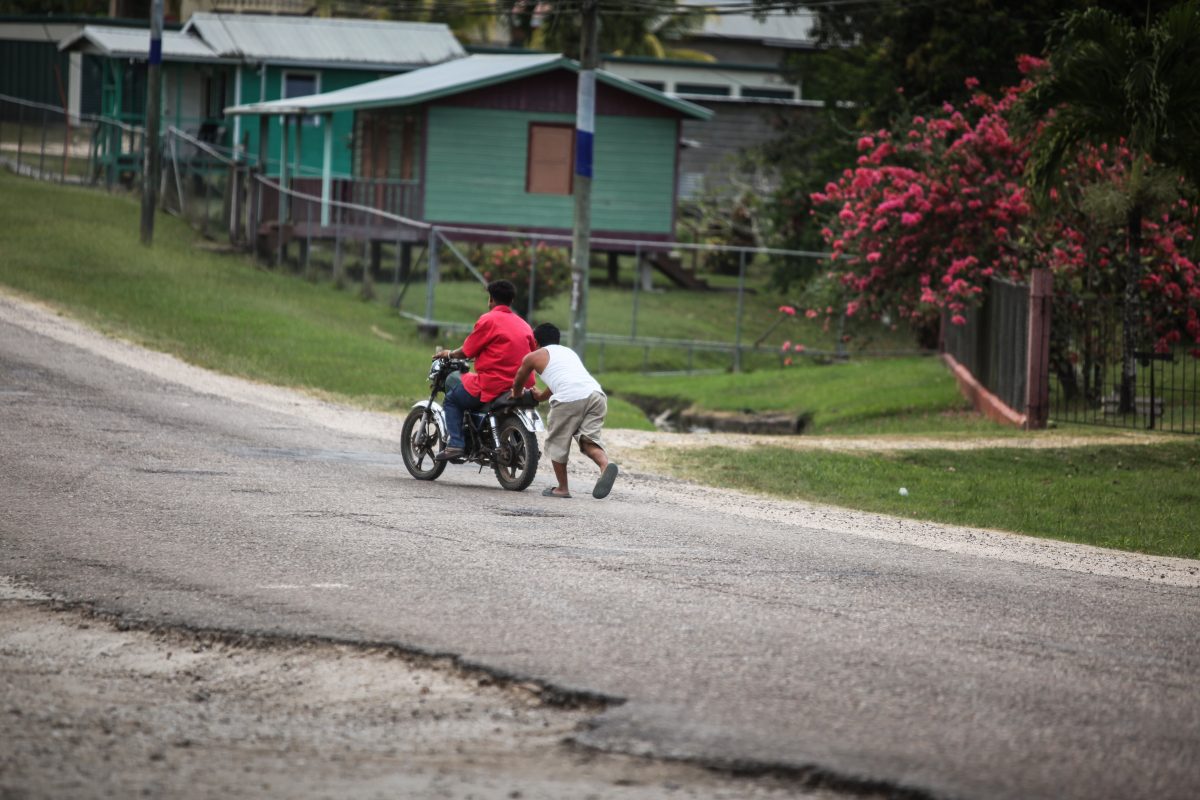tl;dr: Chris Gilliard asked if I would share my impressions of the first part of his and Maha Bali’s #DigPed closing keynote. It grew just a little longer while I was writing the email, so here’s a short blog post.
Just to set the scene: I was watching the recording after #DigPed Institute happened. During those days, I was not able to follow the twitter stream, Virtually Connecting or anything else for that matter. The closing keynote was the first thing that I took a look at.
Finally some time to watch the participatory closing keynote of #DigPed Institute by @hypervisible & @Bali_Maha https://t.co/JpHEJWBd2x
— Christian Friedrich (@friedelitis) August 17, 2017
Closing remarks or keynotes should respond to the events of the respective event or conference. It usually says something about the event (or the one doing the keynote) when a response, a reflection or even a slight change in the once thought-through slidedeck does not seem necessary.
This can happen in a rather dull, recitation-ish way. The audience is taken from day 1 to day 2 to day 3 of the conference sequentially. Sometimes, closing remarks will tie together the workshop sessions, the keynotes and evening events so you can re-live your own experience of a conference. If you’re lucky, though, the person doing the closing remarks lends you their perspective, their point of view, to some extent. If that happens, it expands your overall experience of the conference.
As I said, I have not seen anything from this year’s #DigPed Institutes before I watched the closing keynote by Chris and Maha. As someone who follows Chris’ and Maha’s work – both have contributed provocations to #TowardsOpenness – I was interested in what they would have to say after an intense week of #DigPed but the title “Praxis, Privacy, and Care in Digital Pedagogies” would have probably raised my attention anyways.
From what I can tell, Chris distilled some of the ongoing discussions during the Institute in a few clear statements, but also blended in his own personal background, his values and his focus of work. And for me, as someone who was not able to go to the event, this is great. It adds a bit of context to the descriptions of tracks and sessions, but also to his following ‘actual’ keynote, and it seems perfect to stumble into before watching some of the other recordings of the event.
I also learned about Amerigo Gazaway, the artist behind the music that is playing during Chris’ first couple of minutes (actually, at first I thought the music was coming from my own laptop and not from the recording of the keynote). However, my positive reaction to Chris doing this a bit differently might also stem from the fact that I am familiar with his work, his ideas and views on platforms, privacy, digital redlining and access to education – not sure how someone feels who lacks that background knowledge.
